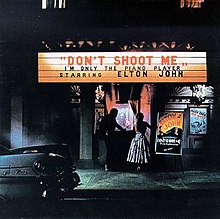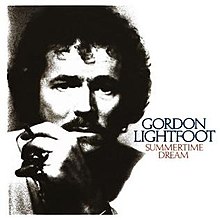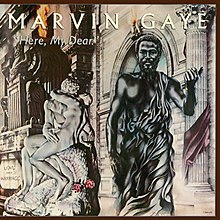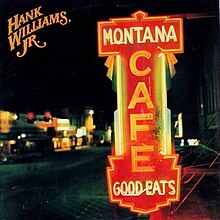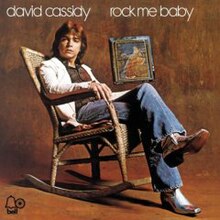
View the Premise & Ground Rules for Revisiting Vinyl.
Fun Fact: Alphabetically, this is the last LP in my collection.
Obvious Filler & Swings-and-Misses:
Mexican Blackbird. Here's a quote from Mexican Blackbird: "They all call her puta 'cause no one really knows her name." I can't believe I'm saying this about a ZZ Top song, but on their live cover of Jailhouse Rock, the delivery is just too subdued and clean.
Key Tracks:
On the flipside, Backdoor Medley is a nasty soul-punk-scat fusion. Blue Jean Blues is great slow blues. Heard It on the X is The Top doing what they do best. And Tush. Yeah, I'm absolutely going with Tush as a key track. Deal with it.
My Overall Rating of the Tracks Separately:
Recommended Listening (3/4 stars)
This LP falls into a category that crops up way more often than you'd expect. Side one is live. The liner notes indicate that it was "captured as it came down - hot, spontaneous - and presented to you honestly, without the assistance of studio gimmicks. There are three songs on side one, but it's clear that it's all about Backdoor Medley which occupies two-thirds of the side. And it has exactly the feel you want from a live track.
Side two was done with the assistance of studio gimmicks (in a studio no less) and... presented to you dishonestly I guess. Interestingly, there's a good bit of variety (by ZZ Top standards) among the six tracks on side two.
Like I said, this one-side-live, one-side-studio LP happens on a relatively common basis - or used to, anyway. I have seen everyone from Taj Mahal to Guns 'n Roses do it. I don't know if it's "we wanna do a live album, but we need a new single," or if it's "we've been in the studio forever, but we only have half a record." Either way, it seems a little dubious to me.
In the interest of full disclosure, I do feel obligated to point out that "Fandango!" was released before (A) Kiss demonstrated the proper way to do a live studio album with "Alive" and (B) the notion of the EP was really out there. In the interest of more disclore, "G'N'R Lies" was not - that was just a cash grab.
So, is it an album? No. Like "Saddle Tramp," there are a lot of great tunes but nothing to stitch them together.
Up next, more T for Texas with "Exit 0" by Steve Earle. Steve Earle!

